Hakob Hovnatanyan (1967)
Genre : Documentary, History
Runtime : 10M
Director : Sergei Parajanov
Synopsis
Exploring the art of Armenian portraitist Hakob Hovnatanyan, Parajanov revives the culture of Tbilisi of the 19th century.
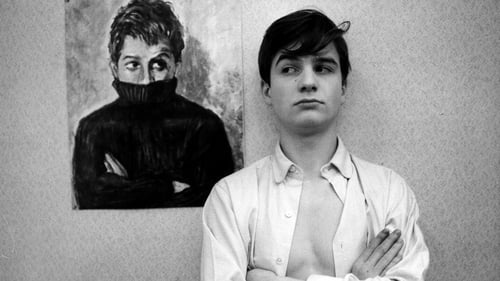
Now aged 17, Antoine Doinel works in a factory which makes records. At a music concert, he meets a girl his own age, Colette, and falls in love with her. Later, Antoine goes to extraordinary lengths to please his new girlfriend and her parents, but Colette still only regards him as a casual friend. First segment of “Love at Twenty” (1962).

CIA agent John Jessup lives a seemingly normal life in the busy capitol of Berlin. He is in one of CIA’s most important sleeper cells in Europe, but on his last mission in Italy, he made a terrible mistake, putting not only himself in danger, but also the very existence of the CIA in Europe. The past is now about to catch up with him…
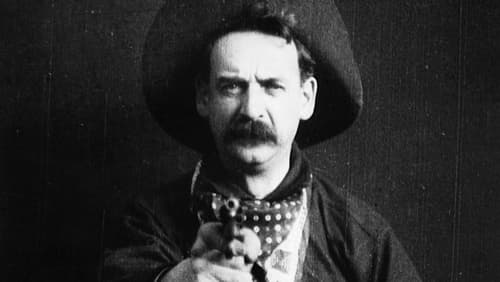
After the train station clerk is assaulted and left bound and gagged, then the departing train and its passengers robbed, a posse goes in hot pursuit of the fleeing bandits.
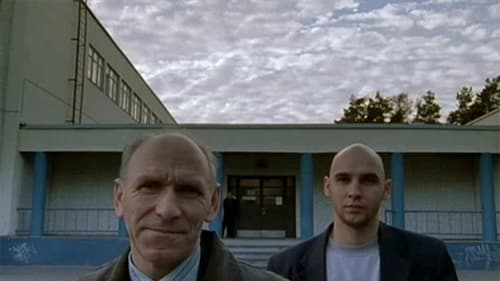
Twenty-five films from twenty-five European countries by twenty-five European directors.

When Robin's daughter Lacy wants to buy an expensive guitar, Robin reminisces about the days when she was a teenager, asking her dad for her first car, an Olds Cutlass Supreme.
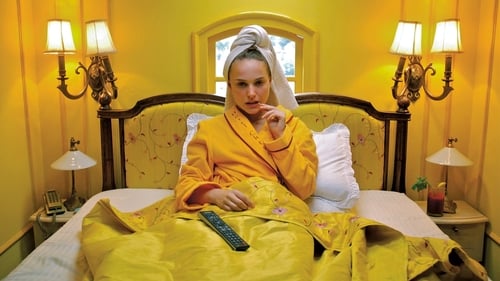
In a Paris hotel room, Jack Whitman lies on a bed. His phone rings; it's a woman on her way to see him, a surprise. She arrives and the complications of their relationship emerge in bits and pieces. Will they make love? Is their relationship over? (A prequel to The Darjeeling Limited, 2007.)
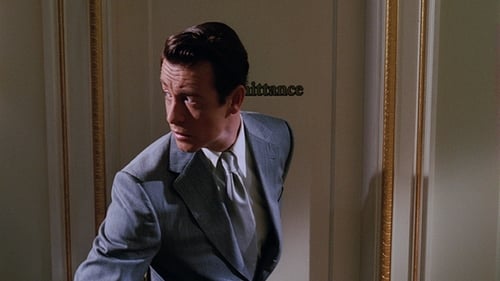
Finding an unfinished script written by Alfred Hitchcock himself, Martin Scorsese attempts to recreate it himself as Hitchcock would have.

Martina and Sonja, cross-dress in vampire capes and werewolf claws, re-enacting familiar horror tropes. A corresponding soundtrack of stock screams and "scary" music suggests that the girls' toying with gender roles and power dynamics may have dire consequences.

Schtonk! is a farce of the actual events of 1983, when Germany's Stern magazine published, with great fanfare, 60 volumes of the alleged diaries of Adolf Hitler – which two weeks later turned out to be entirely fake. Fritz Knobel (based on real-life forger Konrad Kujau) supports himself by faking and selling Nazi memorabilia. When Knobel writes and sells a volume of Hitler's (nonexistent) diaries, he thinks it's just another job. When sleazy journalist Hermann Willié learns of the diaries, however, he quickly realizes their potential value... and Knobel is quickly in over his head. As the pressure builds and Knobel is forced to deliver more and more volumes of the fake diaries, he finds himself acting increasingly like the man whose life he is rewriting. The film is a romping and hilarious satire, poking fun not only at the events and characters involved in the hoax (who are only thinly disguised in the film), but at the discomfort Germany has with its difficult past.

Travolting (unfortunately I can't take credit for this brilliant insult)!!! One of the worst movies I have ever seen; yet you(might) have to give Travolta credit for sticking it out with this obvious train-wreck, which most likely was quite evident even during the filming. One of the most infuriating things about this movie is the complete lack of any creativity in order to explain the inconsistencies and conflicts of logic in the plot and story, like using 1000 year old weapons and airplanes!; either the creators of this film think that anyone who would watch this movie are completely retarded (which may be true, and that includes me!), or the people who made this movie are freaking delusional- both are obviously true! (by n-reynolds (United States))
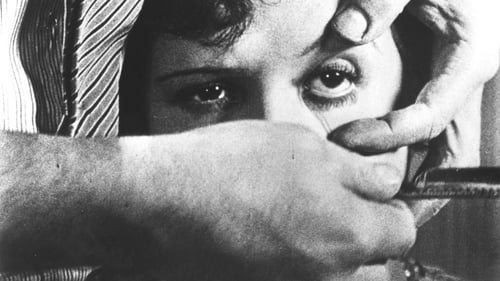
Un Chien Andalou is an European avant-garde surrealist film, a collaboration between director Luis Buñuel and Salvador Dali.
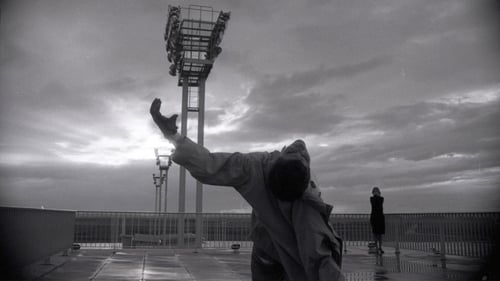
A man is sent back and forth and in and out of time in an experiment that attempts to unravel the fate and the solution to the problems of a post-apocalyptic world during the aftermath of WW3. The experiment results in him getting caught up in a perpetual reminiscence of past events that are recreated on an airport’s viewing pier.
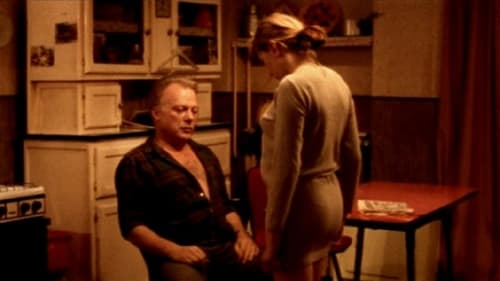
A butcher in Paris takes his revenge after his daughter is brutally attacked.

A young man journeys through a desert, where he is kidnapped by a sadistic stranger clad in a pig mask. The stranger proceeds to brutally torture the young man, who then finds himself escaping into his imagination, with fantasy and reality intersecting.

Professor Barbenfouillis and five of his colleagues from the Academy of Astronomy travel to the Moon aboard a rocket propelled by a giant cannon. Once on the lunar surface, the bold explorers face the many perils hidden in the caves of the mysterious planet.
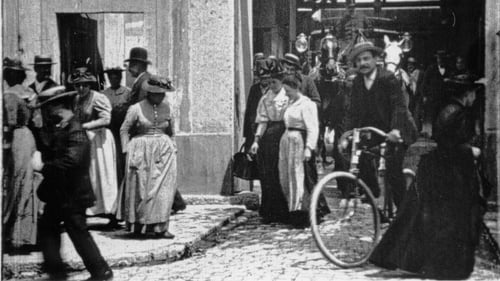
Working men and women leave through the main gate of the Lumière factory in Lyon, France. Filmed on 22 March 1895, it is often referred to as the first real motion picture ever made, although Louis Le Prince's 1888 Roundhay Garden Scene pre-dated it by seven years. Three separate versions of this film exist, which differ from one another in numerous ways. The first version features a carriage drawn by one horse, while in the second version the carriage is drawn by two horses, and there is no carriage at all in the third version. The clothing style is also different between the three versions, demonstrating the different seasons in which each was filmed. This film was made in the 35 mm format with an aspect ratio of 1.33:1, and at a speed of 16 frames per second. At that rate, the 17 meters of film length provided a duration of 46 seconds, holding a total of 800 frames.

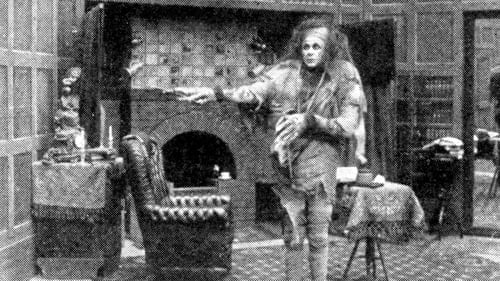
Frankenstein, a young medical student, trying to create the perfect human being, instead creates a misshapen monster. Made ill by what he has done, Frankenstein is comforted by his fiancée; but on his wedding night he is visited by the monster.
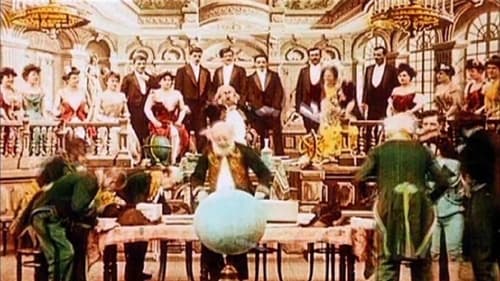
Using every known means of transportation, several savants from the Geographic Society undertake a journey through the Alps to the Sun which finishes under the sea.















